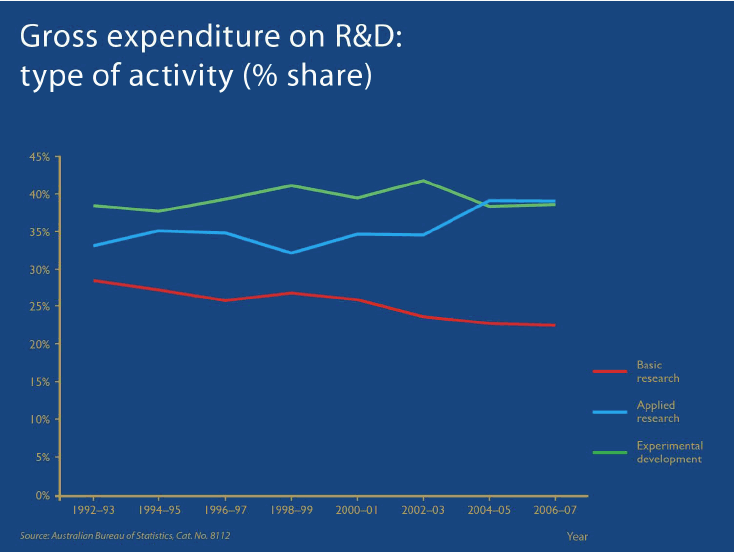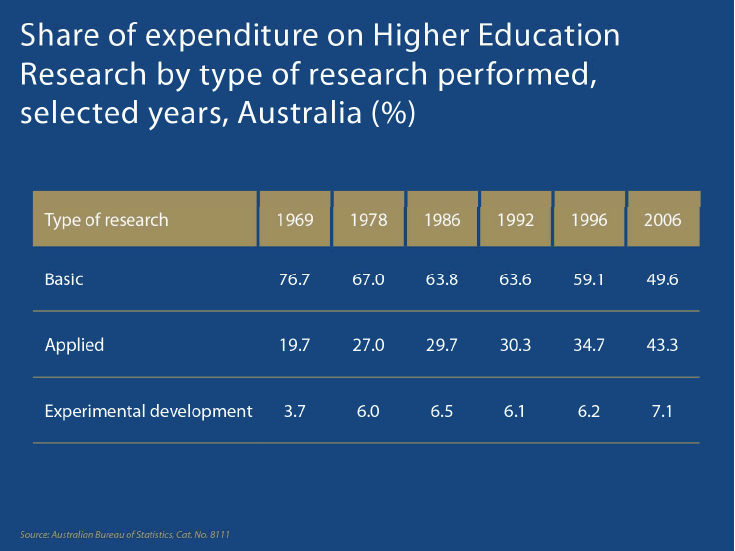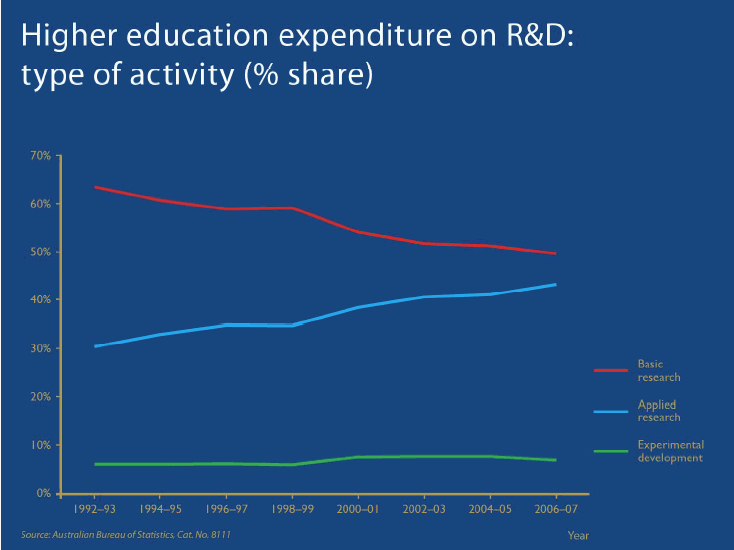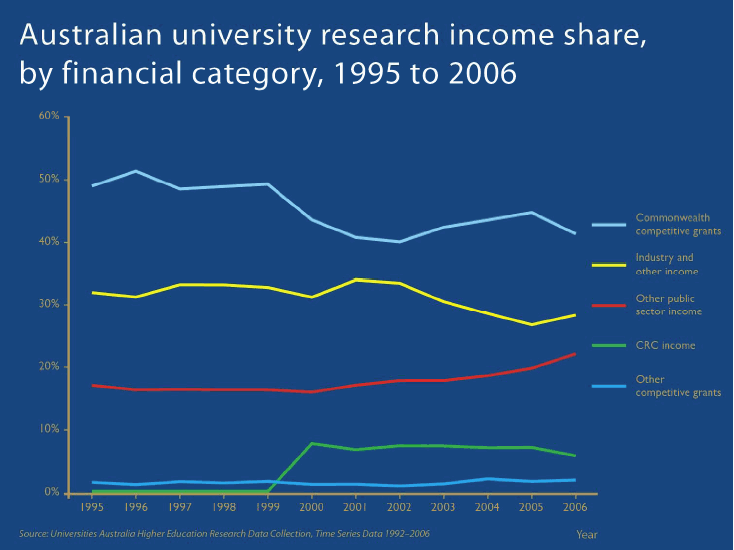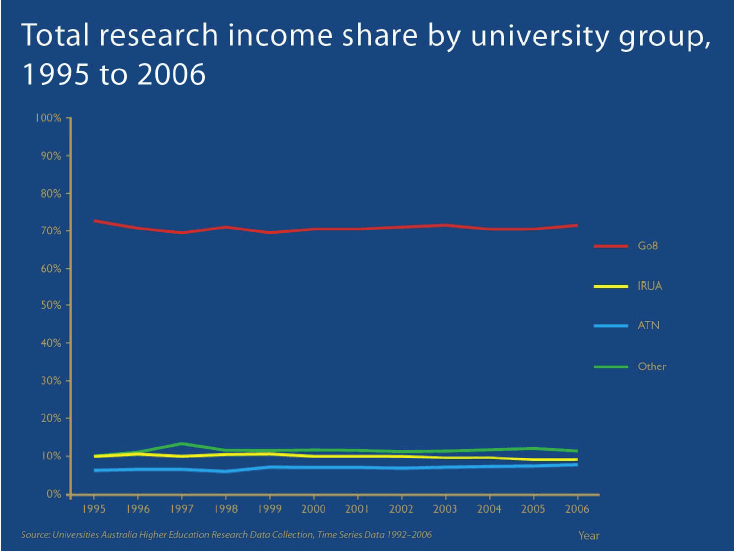|
|
|
|
|
|
|
News & Views item - March 2009 |
![]() Michael Gallagher Has His Say in Full. (March 11, 2009)
Michael Gallagher Has His Say in Full. (March 11, 2009)
Michael Gallagher, Executive Director, The Group of Eight addressed the Financial Review Higher Education Conference 2009 yesterday and took about 8½ thousand words and some 18 PowerPoint foils to say it.
He opened with the following view which he considers axiomatic.
The worst possible outcome in the aftermath of the Bradley and Cutler reviews would be further levelling down of Australia's intellectual performance peaks and erosion of the knowledge base.
To prevent that outcome the Government, in responding to those reports, will need to establish strong incentives for system diversification, institutional differentiation, and research selectivity and concentration.
But then later in his address Dr Gallagher says:
The Go8’s policy position is that funding of research should be based on excellence, wherever it is found. Notwithstanding assertive commentary to the contrary, the Go8 has never proposed that research funding should be allocated on a university group basis, or that only the Go8 should be funded for research, or that the Go8 should be privileged in research funding allocations.
True enough, it has never said so in so many words. On the other hand in the February 18, 2009 issue of The Australian Dr Gallagher wrote:
What is presented [in the Bradley Review of Higher Education] as a tightening of criteria for university status, based on the mythical 'teaching-research nexus', could well loosen expectations of research quality and further dissipate the nation's research investment. The thinking reflects the worn-out, one-size-fits-all notion of a university rather than mission-based structural differentiation fit to varying needs. The Bradley report reflects a parochial and complacent view in the context of aggressive concentration of research investment in many other countries. The consequence is a distraction of scarce resources for an unattainable vision of an undifferentiated university system, while Australia slips further behind world pacesetters.
Well now, just what [or whom] might it have been that Dr Gallagher had in mind as he wrote, The Bradley report reflects a parochial and complacent view in the context of aggressive concentration of research investment in many other countries. Just where is it that that aggressive concentration of research investment ought to be placed in the land of Oz?
This second to last foil in Dr Gallagher's presentation gives the reasons for collecting large research groups. Now if the premises are correct, then research proposals subject to critical peer review will lead to such grouping - top down forced collectivisation will not be necessary, and indeed it can and has been argued that it is counterproductive.
Large research groups have their place, but Dr Gallagher really espouses that group-think is always best. That really is nonsense.
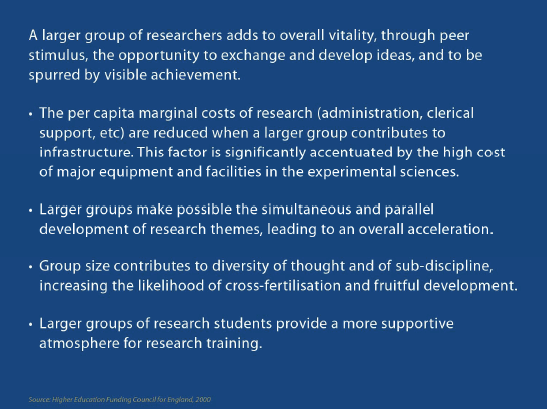
Currently the Go8 collects some 70% of the total research income share and has done so over the past 11 years (see last graphic below). That's significantly better than England's Russell Group.
_________________________________________
Leaving that aside, De Gallagher gave an excellent assessment of how research at our universities has been altered over the years.
His address in full is available at http://www.go8.edu.au/storage/go8statements/2009/AFR_HE_Conference_2009.pdf and the accompanying foils at http://www.go8.edu.au/storage/go8statements/2009/AFR_09.pdf .
Here we show excerpts of his presentation.
